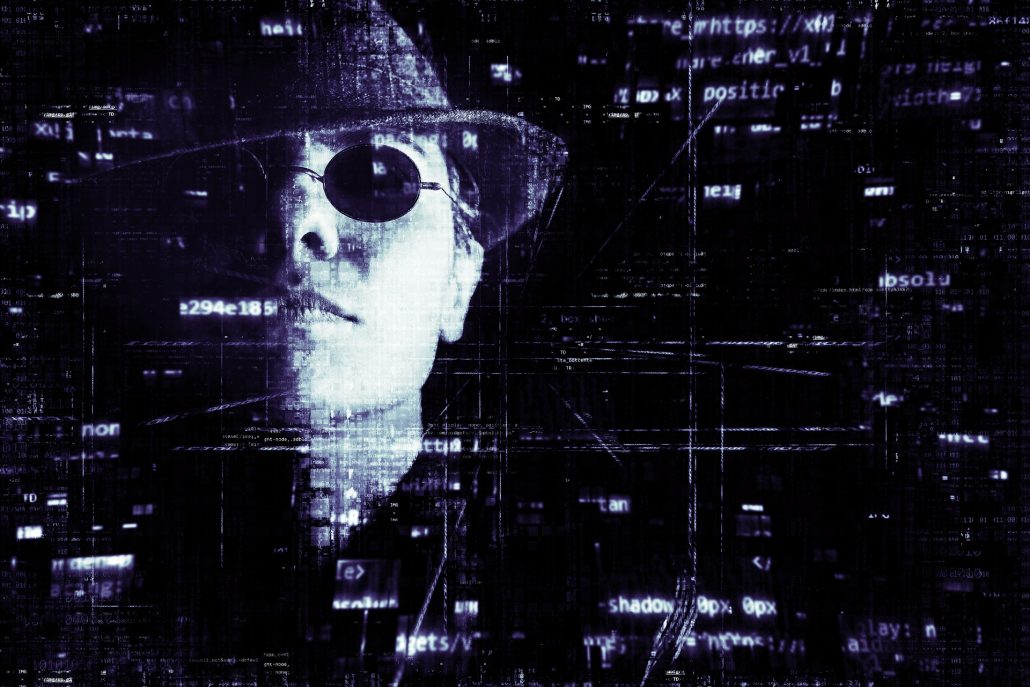Money laundering at Wirecard - New findings about the dubious third-party partner business
In June 2020, Wirecard AG filed for insolvency. 1.9 billion euros from the third-party business was missing. Allegedly, this money was in escrow accounts in Singapore and the Philippines.
So was the third-party business in Asia just made up?
Mails from Jan Marsalek, which have now been viewed by Bayrischer Rundfunk, show that there were indeed payments via Wirecard's third-party partners and via Wirecard Bank AG.
So why are the profits for these payments missing?
This may have something to do with the dubious payments found by Bayrischer Rundfunk on Jan Marsalek's mail account.
The third-party partner PayEasy, based in the Philippines, for example, transferred a total of 100 million euros in 2018 in round sums and at regular intervals to a company in Hong Kong, which turned out to be a shell company.
The third-party partner Centurion, which primarily processed credit card payments and was also based in the Philippines, also transferred large sums in the millions to several shell companies in the Caribbean and Indonesia in 2018.
The money from these transactions came mostly from companies in Eastern Europe.
One company, whose registered office is in a Prague apartment building according to the commercial register, transferred a total of 19 million euros to a Centurion account in 2018. In total, there were 50 transfers that this company named Xprt Services S.R.O. made to Centurion. These payments were declared as commission for the processing of payments from customers of the company Xprt Services S.R.O. by Centurion.
In addition to the suspicious transaction activities of the third-party partners, their contracts with companies for which they were supposed to process payments are not quite common.
For example, according to BR's research, the company Centurion had a contract with a company from Bratislava in which it was not declared as a payment processor, but as a merchant. During its existence, according to BR, the company Centurion had several websites that were used to pretend sales.
The lack of declaration as a payment processor and the faking of sales suggests that Centurion had neither a license as a payment processor nor a legitimate business purpose that would have generated sales.
Wirecard's third-party partners have thus transferred payments in the millions from shell companies to shell companies over a longer period of time, and some of them appear to have had no legitimate business purpose themselves.
The regular payments and high, round sums speak for a type of transaction laundering or money laundering. The companies for which the third-party partners allegedly processed payments transferred these sums to the third-party partners as commission.
The company Xprt Services S.R.O. stated to have a turnover of 30.000, - EURO. However, the commission to Centurion amounted to 19 million EURO in 2018.
To date, it is unclear where the EURO 1.9 billion from the third-party partner business is. What is clear, however, is that there were third-party partners and payments via third-party partners. But here, too, it cannot be determined where the money ended up. Money laundering via Wirecard has apparently created the intransparency desired by the drat pullers.
These dubious payments could be made under the cover of the BaFin license of Wirecard Bank AG without any regulator noticing anything suspicious.
Among the many unanswered questions to banking regulators in Germany, in the wake of the Wirecard investigation, is now why the money laundering activities did not become transparent.



